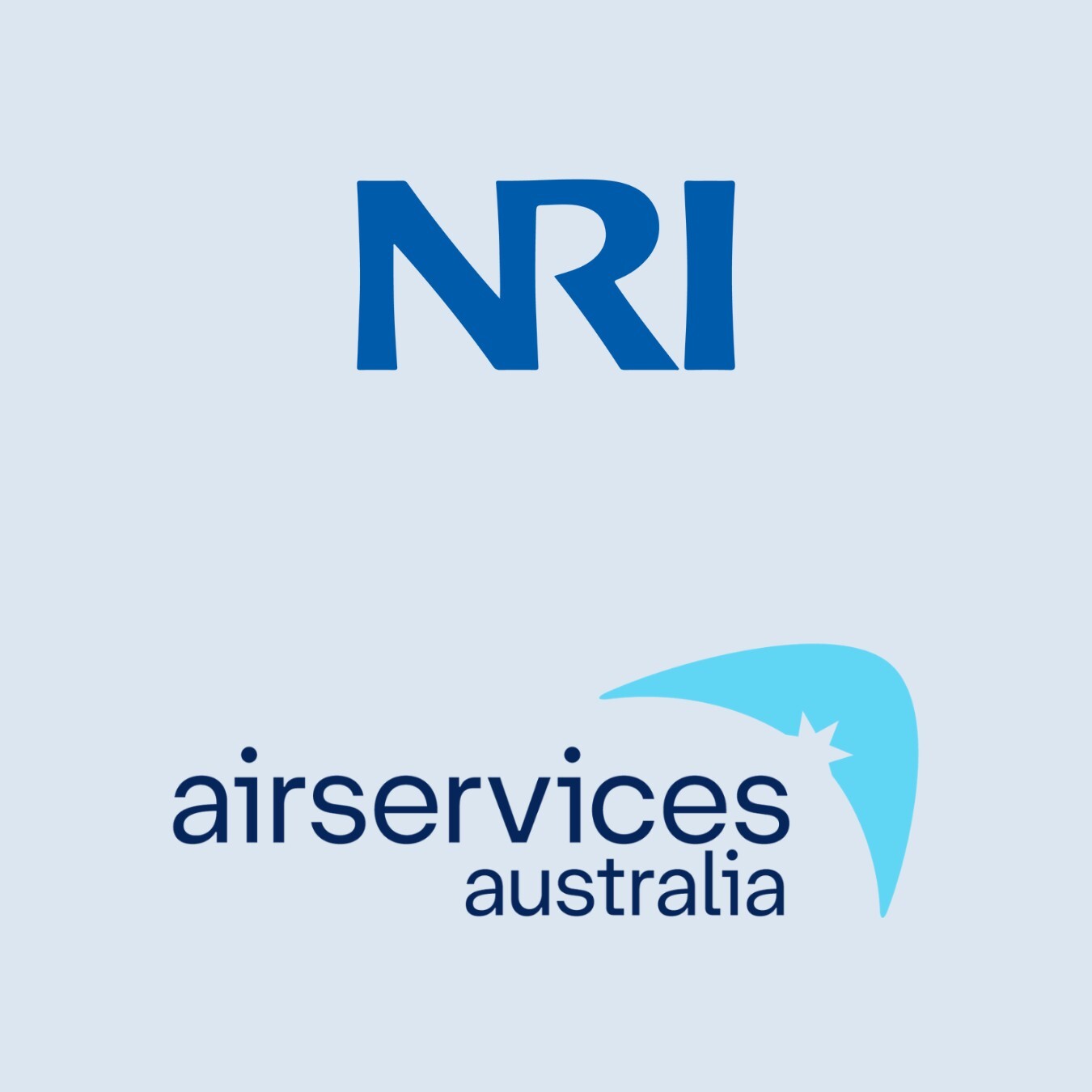Insights
Our takeaways from the FST WA Government Summit 2024
- Date 27 May 2024
- Filed under Insights

The FST Western Australia Government Summit 2024 took place on 21 May with over 200 senior government and public sector leaders coming together for a timely debrief of the 2024 State Budget, unveiling the strategic paths leading to the 2025 Election and beyond.
Rebecca Ostergaard, Chief Digital Officer at CSIRO, opened the event with her keynote on fostering culture, collaboration, and adaptability; the role of leadership in digital transformation; and most importantly, what those in a position of leadership can do ensure digital initiatives succeed.
The most relatable theme for us was the concept of trust. Not only from the lens of personal trust and your relationships, but also how you build that into your brand and organisational culture.
As Rebecca presented, honesty and open communication is key to earning trust, and in terms of honouring that trust is the ability to deliver, with strong governance and change the hallmarks of success.
All of which at NRI we cultivate in our ways of working (being honest and open is one of our key values) and through our delivery of transformative digital solutions, such as an ERP, which is what we presented during our roundtable sessions.
ERP as a gateway to digital government
As a Gold Sponsor, NRI hosted a series of four, jam packed roundtables, led by Adrian Stage, NRI’s General Manager – Oracle, Karen De Gray, NRI’s Finance Manager, and co-hosted by Kate Oliver, North Metropolitan TAFE Executive Director of Digital Roadmap Projects.
Our topic was focused on the theme of ERP transformation in government, and how a modern ERP can provide a gateway to digital transformation.
Aligned to the fact that nearly all organisations are looking at ways to improve efficiencies, service delivery, regulatory compliance, and data insights, our view was that ERP modernisation can provide the foundations to support these critical objectives, whilst enabling transparency, and also paving the way for broader digital government initiatives like enhanced reporting, automation, AI.
Insights from NRI’s roundtable
Throughout our sessions, we found that some organisations were shackled with legacy ERP systems and running multiple systems characterised by siloed data, outdated technology, and limited scalability. These attributes hindering them from responding effectively to evolving challenges and meeting citizen expectations.
Other common problems we heard we’re around data integration, data management, and maximising system capabilities for users, and ultimately unlocking the powerful business data held within an ERP.
Data integration
The need for data integration and a government-wide solution to help build skills across Departments.
One system, one consolidated view
Some organisations have multiple systems which is impacting visibility, transparency and efficiency across the business.
Applications for State planning
A solution that can help drive accurate, connected plans across Departments and help with being prepared for what’s next.
Advice on how an ERP can help them digitally transform
Some organisations have a lack of clarity on the way forward with their digital transformation and how ERP fits into this vision.
ERP enhancements & automation
With AI and automation a key investment area for government, many organisations are interested in how a modern ERP uses AI and automation to improve business processes and how they can effectively implement this to benefit users.

These insights led into a discussion on the applications of AI, automation, and analytics found in modern ERP’s and we used our own Oracle Fusion implementation as an example of this functionality in practice. How we’re using it to streamline financial and management reporting, gather data-driven insights to help with things like resource allocation, and how we now have better access to consolidated data – which means eased and reliably accurate compliance and audit functions.
Coming back to Rebecca Ostergaard’s advice around governance and change, our topic was also designed to cover the common pitfalls’ that we see and hear from organisations who have embarked on an ERP modernisation project.
Common pitfalls such as scope creep, resistance to change, excessive customisation, inadequate stakeholder engagement, and budget overruns. Which we help to manage by ensuring customised and best-practice strategies, robust project management, well planned and executed data migrations, phased implementation approaches, and of course, the all-important element of change management which we ensure through training programs, and ongoing support mechanisms to ensure user adoption, new feature adoption and long-term sustainability.
Get in touch
Whether it’s ERP related, or something else, we’ve been helping government agencies just like yours harness the power of digital solutions to match their needs for over 27 years. From business strategy and consulting through to infrastructure and Managed Services, we combine end-to-end capabilities, deep local knowledge, and global insights to offer our clients complete digital transformation.
To book a consultation, please fill in the form
below and we will get back to you.





